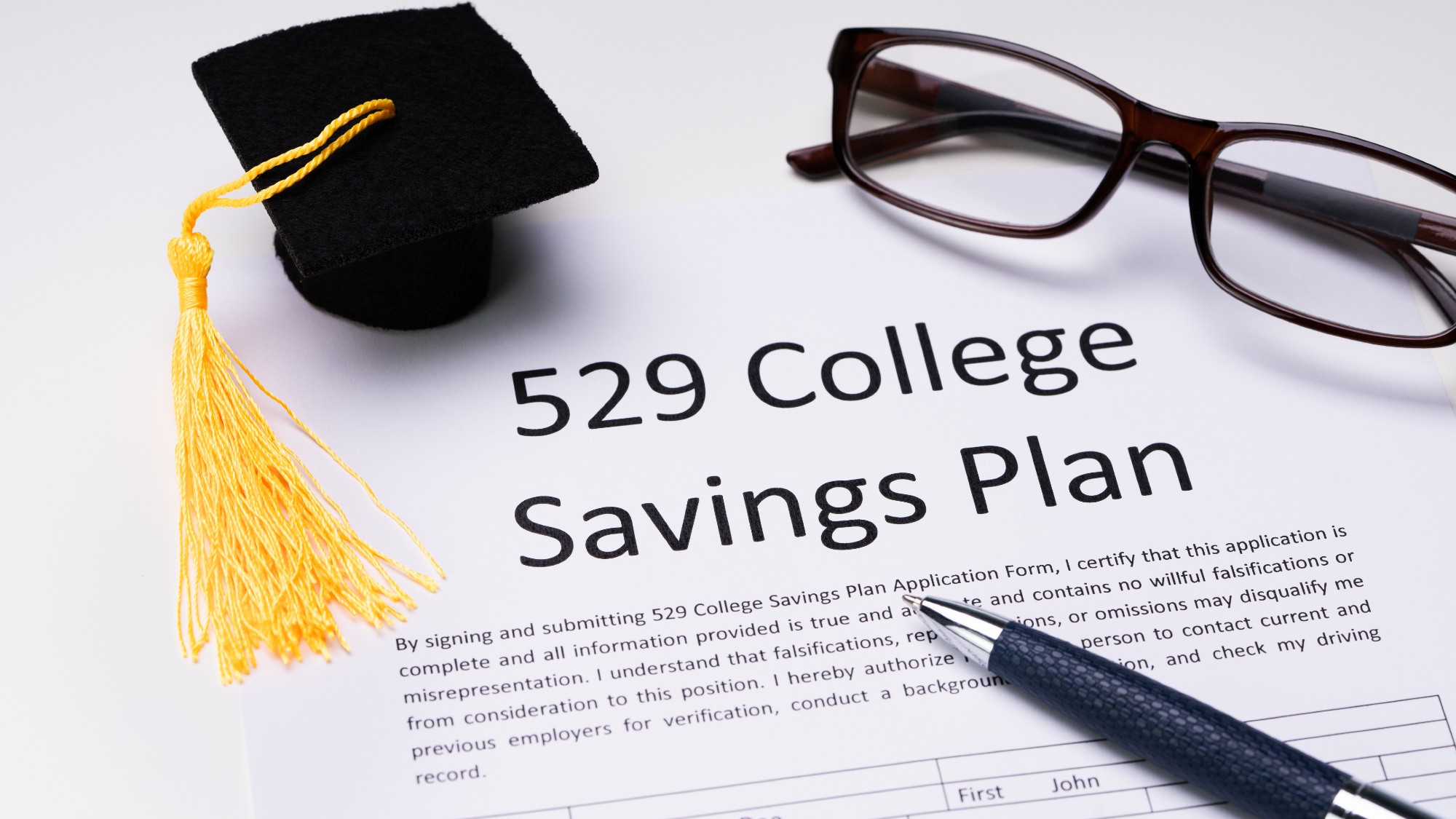Withdrawing 529 plan funds for college? Here's what to know.
Maximize the amount you have stashed away for your education


A free daily email with the biggest news stories of the day – and the best features from TheWeek.com
You are now subscribed
Your newsletter sign-up was successful
A 529 plan is a great way to enjoy some tax advantages while you save up for college. But after all that hard work saving, you want to make sure you are smart about tapping those funds. Sticking to the rules for how and when you use the funds — and steering clear of common snafus in the process — can help you maximize the amount you have stashed away for your higher education.
Reserve withdrawals for qualified expenses
While technically you can tap your 529 plan for whatever amount you want, only withdrawals made for 'qualified education expenses' will avoid taxes. These expenses include costs such as "tuition, fees, books, as well as room and board at an eligible education institution," and they must be for the account beneficiary, said Bankrate. Keep in mind that just because some expenses are "associated with going to school, that doesn't make them qualified expenses for a 529 plan."
If you withdraw 529 plan funds for non-qualified expenses, be prepared to pay taxes and, in most cases, a 10% penalty on the earnings portion.
The Week
Escape your echo chamber. Get the facts behind the news, plus analysis from multiple perspectives.

Sign up for The Week's Free Newsletters
From our morning news briefing to a weekly Good News Newsletter, get the best of The Week delivered directly to your inbox.
From our morning news briefing to a weekly Good News Newsletter, get the best of The Week delivered directly to your inbox.
Use distributions in the same year you take them
Another important rule of 529 plan withdrawals is that you want to take distributions "during the same year you paid for the qualified expenses," said Saving for College, a financial education blog focused on saving and paying for higher education.
This refers to the calendar year, which can get tricky since the academic year technically spans two calendar years. Say, for instance, you withdraw funds at the beginning of the school year and are planning to use them to cover the full year's tuition — "while you may have every intention of having the money ready to pay spring tuition, it won't look that way to tax authorities," said Bankrate.
As a result, it will be seen as a non-qualified withdrawal and "you may owe a penalty and tax on the earnings portion," said Saving for College. If you are not quite sure how much to take, it is better to play it safe; you can always make up the difference with a catch-up distribution at year's end to avoid student debt.
Stay on top of account information
Ahead of making a withdrawal, double-check that your account information is accurate and updated. If you have to make any changes later on, such as an update to your address, this "can result in delays to withdrawals" because of "fraud prevention measures" that are in place, said Saving for College.
A free daily email with the biggest news stories of the day – and the best features from TheWeek.com
Similarly, you can get a jump on potential problems down the road by hanging onto all receipts for your account. "Keeping these receipts will help you minimize the pain at tax time, because you'll have the documentation you need to justify your claims," Saving for College added. Receipts will also come in handy in case of an audit, said Bankrate, citing Logan Allec, CPA and the owner of personal finance site Money Done Right.
Becca Stanek has worked as an editor and writer in the personal finance space since 2017. She previously served as a deputy editor and later a managing editor overseeing investing and savings content at LendingTree and as an editor at the financial startup SmartAsset, where she focused on retirement- and financial-adviser-related content. Before that, Becca was a staff writer at The Week, primarily contributing to Speed Reads.
